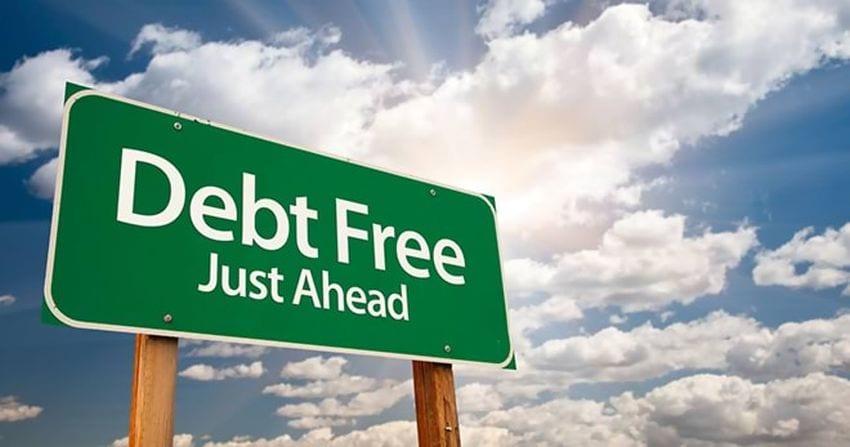If you have debt, it might be a priority for you to get out of it as soon as you can. Luckily, with a few simple steps, you can either completely eliminate it or pay most of it off in a couple of years. Getting started with your debt-free life will be a rewarding process, even if you have to live more frugally for a bit. To know what to do after paying off all your debts, click here.
Consider Discharging Your Debt with Bankruptcy
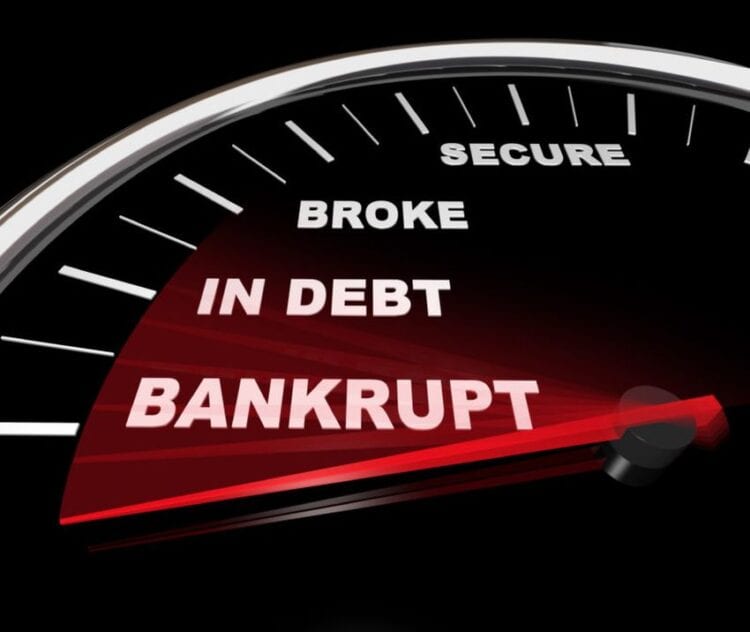
If you truly don’t think you can pay off your debt, consider filing for bankruptcy. The lawyers at Scura don’t believe that filing for bankruptcy is a failure. When your circumstances are extreme, such as if the payments are unmanageable or you have no income, Chapter 7 bankruptcy lets you completely reduce your credit card debt. With Chapter 13bankruptcy, you are only reducing your bills, and you will pay the rest back over around three to five years.
Start Paying More Back
Consider putting at least 15 percent of your monthly income toward your loans and other debt. That will help you pay it back much faster since many credit card companies only require you to pay 2 percent of the balance each month. If you only make these small payments, then your balance can collect interest every month. Paying off larger amounts in just a couple of months can save you a lot of money on just interest.
Negotiate Your Interest Rates
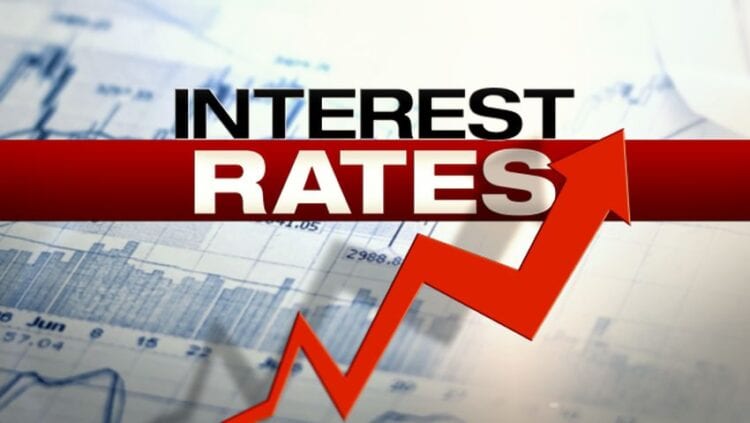
Consider calling the loan agency and asking for a lower interest rate. You might find it surprising how many people might be willing to give you lower rates based on your account standing and payment history. If you have a good relationship with your lender, you might be in a good position to get a low interest rate. That’ll help you to save money as you continue to pay down your debt.
Pay Down Larger Debts with Savings
Yes, you have worked hard for your savings, but you can use part of them to pay down debt that has high interest rates since it means you will pay less overall. This can be a smart move since you will no longer accrue as much interest on that balance.
It can be nice to have extra money in your bank, but the interest you are earning on it is likely much lower than the interest you are paying on your debt. Of course, you shouldn’t entirely drain your savings. Set aside some for an emergency and have several months of living expenses set aside, as well.
Cash in Your Life Insurance
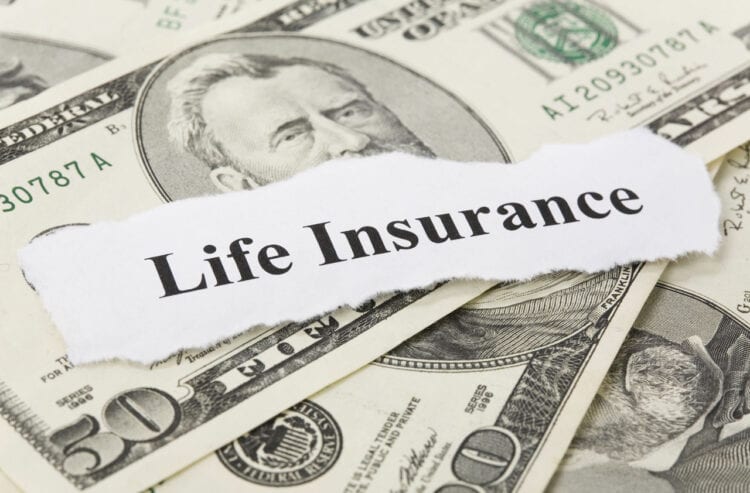
This can be a viable strategy to pay off your debt since it allows you to quickly get rid of larger amounts of debt. This is a good option if you feel like you are drowning in the amount that you owe. It’s a better option for those who do not have family members who absolutely have to benefit from the policy, such as children or a spouse. If you don’t need your policy, then paying off debt with the funds can be a good choice.
However, if you have a term policy, this strategy will not work. It is only good for people who have whole life policies with a cash value. Remember, even if there are beneficiaries, you could simply tap into some of the cash value of the policy. That will give you cash to reduce your debt while still leaving some of the proceeds for your loved ones. Click here to learn more about selling your life insurance policy for cash.
Put Your Tax Refund to Work
It can be very tempting to go on a vacation or pay for an expensive item with your tax refund, but a better idea is to pay down some of your debts. Think about how much lower your monthly payments will be once you have put a large single sum into paying them off. Once your monthly payments go down, you can save up to go on a vacation later.
Consider the Statute of Limitations
Some individuals choose to pay off old debts, even if they no longer have to do so legally. Everyone wants to get their bills paid off. But if things are really tight, and there is no money, consider focusing on your current debts. If you have bills that are seven to 10 years old or more, then you might not need to pay them off. Just make sure that you check your state’s requirements about outstanding debts since each one has its own set of rules. You might need to speak with a lawyer about this.
Make Some Extra Cash
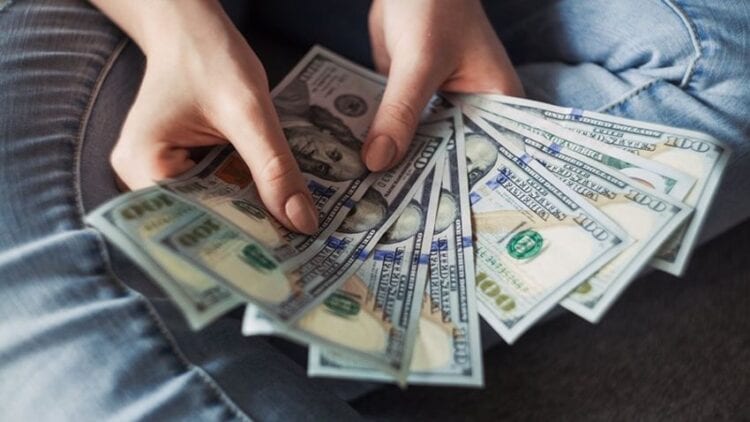
Make it a priority to earn extra money to help eliminate your debt. Consider creating a list of items you can sell online or even in your front yard. You can sell items that you don’t need any more to both reduce your debt and have a cleaner home.
You also can find ways to increase your income and put that extra money toward your debt. You might get a part-time job or even get a raise at your current one.
Make a Balance Transfer
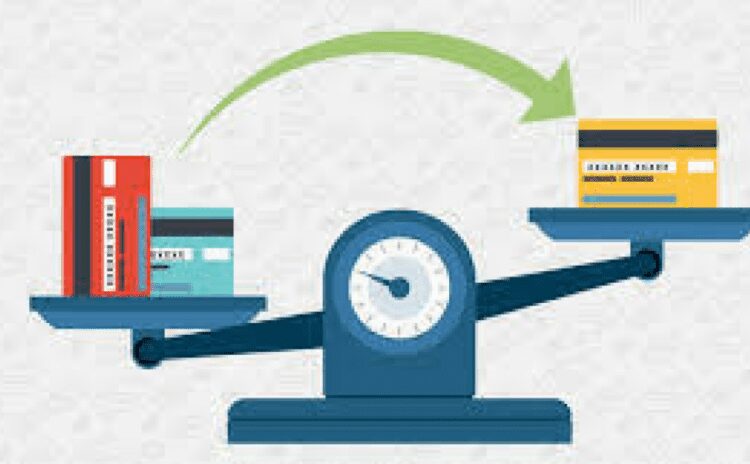
Many people don’t pay attention to credit card balance transfer ads that come in the mail. But if you want to give your debt elimination efforts a boost, look into a balance transfer. You can transfer the highest rate of debt to be a 0 percent deal for around 12 months. That will allow you to eliminate the interest, freeing up extra cash and allowing you to pay off the bills faster. Of course, you will want to read the fine print to ensure that you are getting what you signed up for.
Closing Thoughts
Paying off debt will give you peace of mind about your financial situation. By making extra money and putting more of your paycheck toward your debt, you can pay it off much faster. But if it is truly unmanageable, don’t be afraid to file for bankruptcy. You have a few options, and finding a lawyer can help you determine the best option for you.

